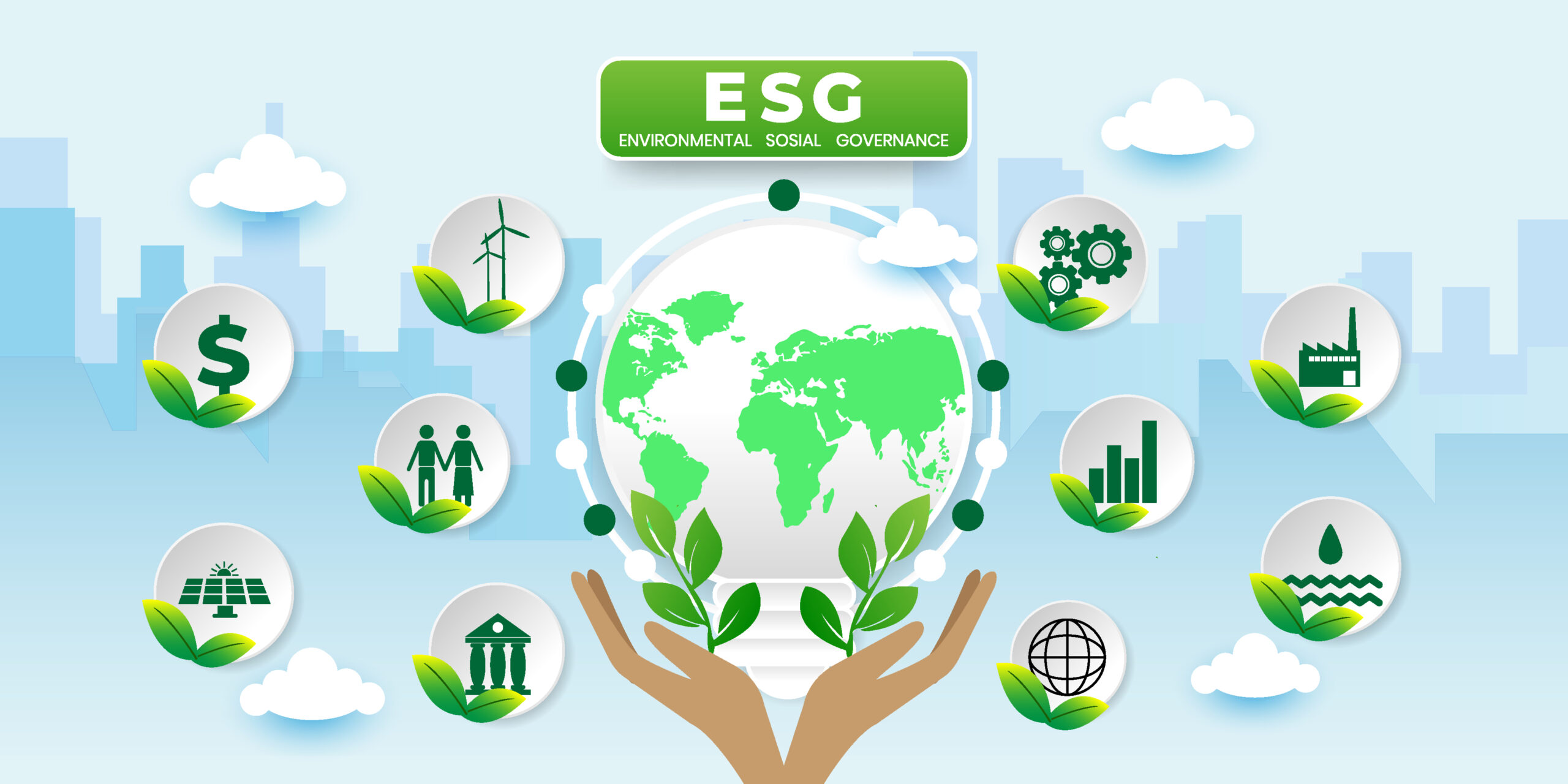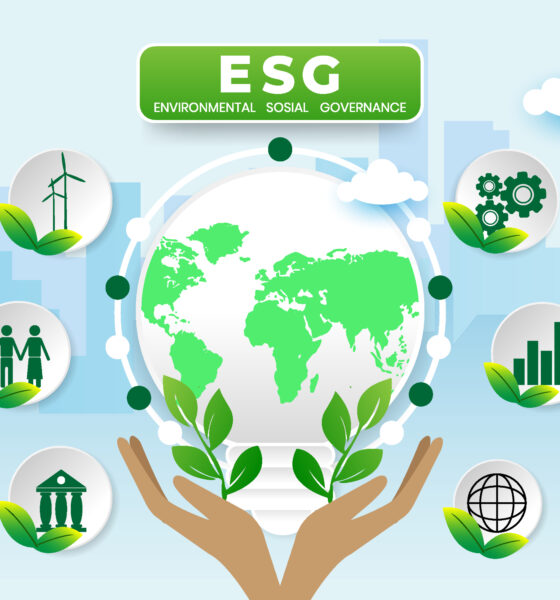

Environment
Can You Maximize Your Profits While Investing Ethically?
Most people would like to lead an ethical life, but most of us would also agree that we are forced to compromise to a greater or lesser degree. Being ethical in the modern world isn’t easy, as life is full of complications, gray areas and contradictions. It’s also true that everyone’s ethics are different, and while we may broadly agree on many important moral issues, there can often be a great difference of opinion when it comes to the details.
Ethical investing is a case in point. The first question lies in defining what exactly it is. At one extreme, some might say that if a company or activity is legal, then it is, by definition, ethical, and so investing in it is fine. At the other end of the scale are those who see the whole system of capitalism and the stock market as unethical full stop, meaning that by their lights, ‘ethical investing’ is a contradiction in terms.
A personal choice
Between those two stools, however, ethical investing is a growing subsector of the investment biosphere, as brokers, advisors, funds and trackers help investors put together a portfolio that either excludes firms seen to have a negative impact on the world or includes only those that make a positive impact. Moreover, ethical funds have been shown to equal or even outperform traditional funds as far as returns go, and may also be a less risky investment.
Ethical investing is a personal decision. You need to know where you stand morally, and what principles you want to support, as well as those activities you won’t condone at any cost. This process starts with choosing an appropriate broker, so be sure to check reviews before making your decision. Some brokers let you apply filters when choosing stocks to invest in, so you can tailor your portfolio to your moral compass.
The moral maze
You can also use a robo-advisor programmed to select investments based on ethical considerations. These are much more common than they used to be, but check their methodology and definitions to make sure that they align with your own. If your ethics are based on specific religious or ideological principles, then it might be harder to find a robo-advisor that shares them.
Ethical investing goes by many names, including sustainable investing, impact investing, socially responsible investing, and more. Some approaches are exclusionary or exclusive, simply omitting those investments that are considered to have a negative impact, such as shares in tobacco companies or weapons manufacturers. Others are inclusionary or inclusive, and only include shares in companies or organizations that have a provable positive impact or intention, such as renewable energy providers. Often, they are a mix of both.
ESG investing
Many funds and trackers use the ESG scale, which stands for environmental, social, and governance. Companies are graded in each area. Environmental criteria include use of natural resources, management of emissions, recycling, and whether a product is sustainable. Social factors are about how a company treats its workers, both direct employees and those further down the supply chain, plus whether they make positive community contributions (or have a negative impact locally). Governance covers the company board of directors and looks at diversity, mission statements, how responsive they are to shareholders, and whether executives take a fair share of profits.
Higher profits, less risk
A recent report showed that US assets managed using ESG strategies grew from $12trn at the beginning of 2018 to $17.1trn at the beginning of 2020, an increase of 42%. The leading financial services firm Morningstar, which provides its own sustainability ratings, reported that sustainable funds outperformed traditional funds in 2019. Ethical companies are also considered to be less risky investments, as if they treat their employees well and are responsible both environmentally and socially, then they are less likely to be embroiled in scandals, fines and lawsuits, and are generally more efficient and transparent.
Decide how involved you want to be in selecting and monitoring your investments. What do you want to support and what do you want to avoid? Read reviews of different companies and check out the many third-party websites that monitor and grade firms in terms of environmental and social impact. Request a sustainability or impact report from the company.
Robo-advisors, sustainable mutual funds, and impact portfolios have made ethical investing easier and more popular than ever. There’s every reason to think that you can invest ethically without adversely affecting your profits. Of course, the price of shares can fall and rise, and neither ethical nor traditional investments are guaranteed to make money – however, there’s no reason why you can’t support positive change and make a sound investment at the same time.


 Environment12 months ago
Environment12 months agoAre Polymer Banknotes: an Eco-Friendly Trend or a Groundswell?

 Features11 months ago
Features11 months agoEco-Friendly Cryptocurrencies: Sustainable Investment Choices

 Features12 months ago
Features12 months agoEco-Friendly Crypto Traders Must Find the Right Exchange

 Energy11 months ago
Energy11 months agoThe Growing Role of Solar Panels in Ireland’s Energy Future





























